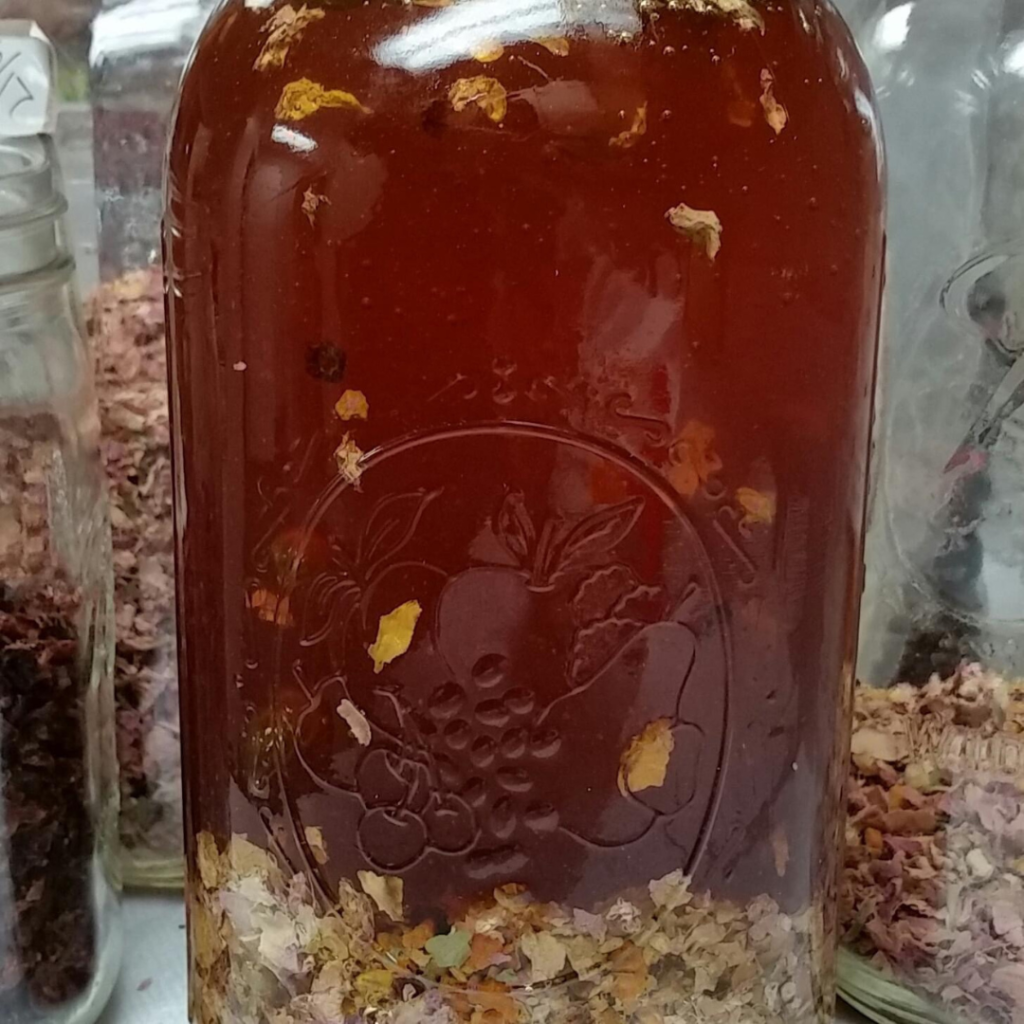
Infused honey is that spoonful of sugar that helps the medicine go down. Honey is a
sweet medicine on its own. It soothes a sore throat, calms coughs, and is a natural
energy booster.
Honey
Honey contains a wide range of vitamins, minerals, antioxidants, and amino acids. The
antioxidant benefits vary dependent on the food source of the bees. Honey also
contains 17 grams of carbohydrates per tablespoon.
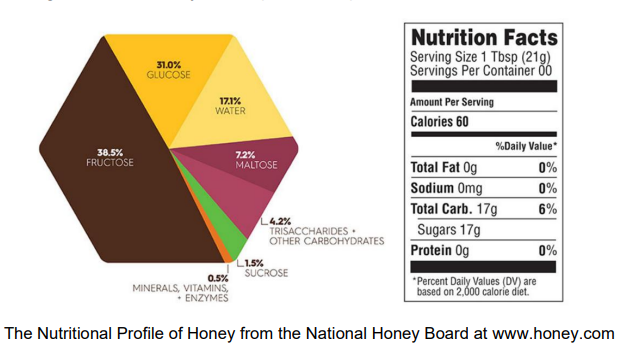
Honey has been shown to outperform over the counter medicine Musinex for
decongestant and cough suppressant benefits. According to the study, a tablespoon of
honey should be taken every 15 minutes until symptoms subside, then as needed to
control recurring symptoms. Honey is also beneficial for soothing the sore throat that
accompanies cough and sinus drainage.
Raw local honey has become the sought-after remedy for dealing with seasonal
allergies. The reasoning behind this is that small doses of the allergen received over
time can reduce the sensitivity. Let me break down what that means.
Raw honey has not been artificially heated to a temperature over 110° Fahrenheit
(approximately 38° Celsius). At this temperature the enzymes, antioxidants, pollen, and
propolis that make raw honey beneficial are destroyed. Refrigerating honey will also
remove these benefits.
Local honey is honey that was collected from hives within a 50-mile radius of your
home. This is related to the flora that grows in your area. If you get outside that radius,
some native species may not be found, or you may move into a different type of
environment.
Honey offers a range of benefits that are best realized if collected within 50 miles of
where it will be consumed, and when delivered in its raw state.
Why Infused Honey?
Infused honey tastes great and you may receive additional benefits from the infused herbs and spices. The following information is according to Thomas Easley and Steven Horne in The Modern Herbal Dispensary, Juliet Blankenspoor in the Chestnut Hill School of Herbal Medicine Herbal Medicine Making Course, and Rosalee de la Foret in Alchemy of Herbs.
Cardamom acts as a digestive aid and is used for respiratory and kidney ailments.
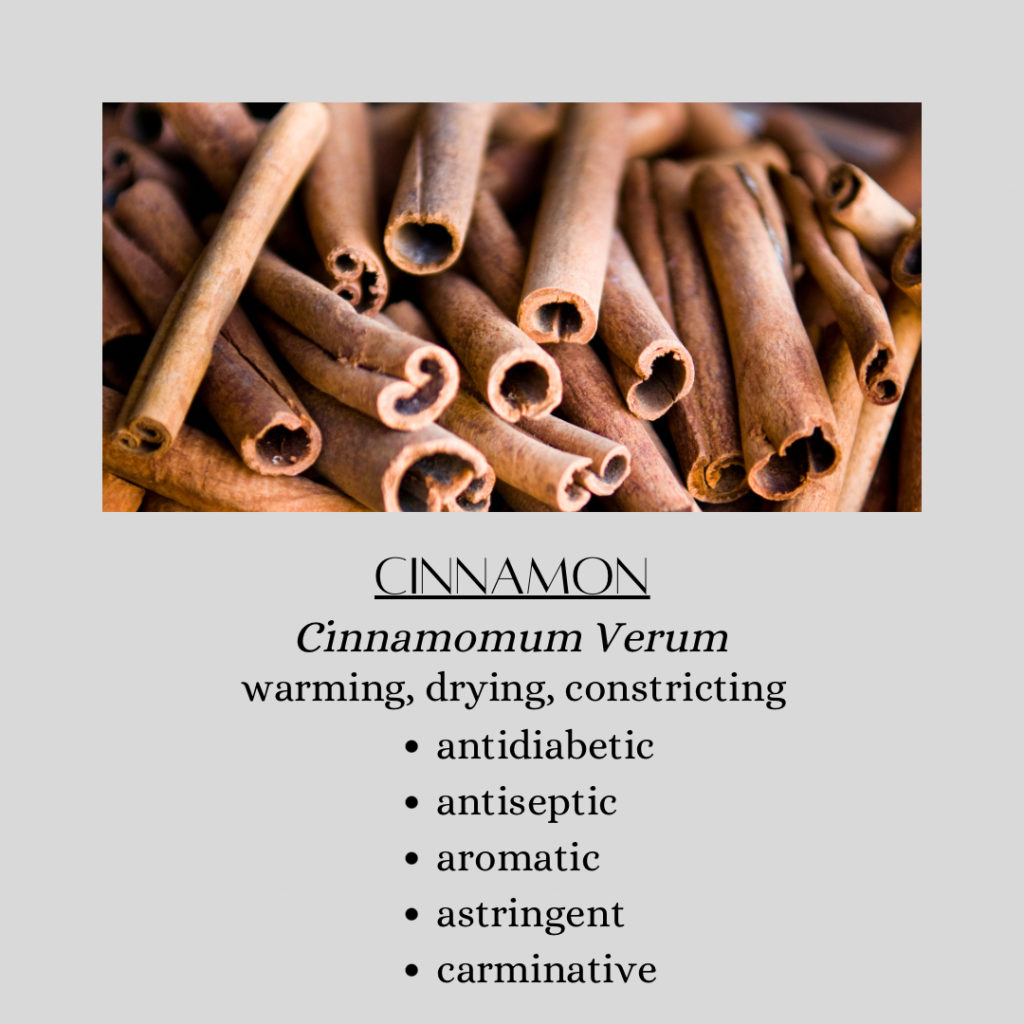
Cinnamon is a digestive aid and circulatory stimulant.
Clove is valuable in digestive formulas due to its warming effect.
Elder Berries are decongestant and inhibit many viral infections.
Ginger is anti-inflammatory and can reduce the pain of arthritis.
Hibiscus Flowers are anti-microbial, can act as a mild diuretic and are used as a liver and kidney tonic.
Lavender eases tension, anxiety, and depression, and calms digestive spasms.
Lemon Balm is useful for colds, flu, and digestive upset. It can also ease sadness and depression, and enhance sleep.
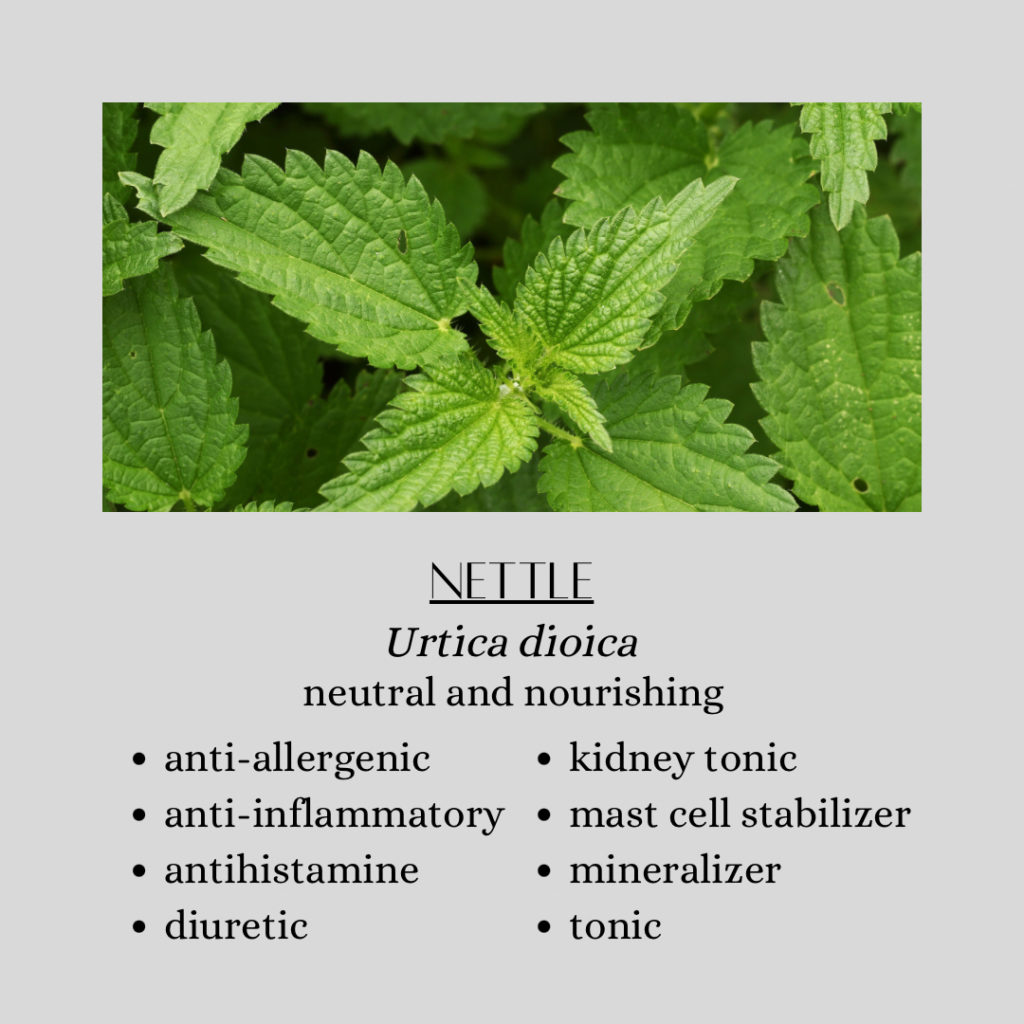
Nettle Leaf is a nourishing herbal food high in iron, calcium, magnesium, and other nutrients.
Orange Peel stimulates appetite and digestion.
Rose Petals reduce stress and help heal the heart.
Rose Hips strengthen capillaries and are rich in vitamin C.

Sage is helpful for colds, fever, and sore throats.
Tulsi (Holy Basil) is an adaptogen and overall tonic.
Turmeric stimulates digestion and is often used for treating pain and inflammation from arthritis and chronic pain.
Herbs for Infusions
An infusion is made by adding the leaves or flowers of a plant to a liquid with the
intention of extracting the benefits and flavor to create a drink, or remedy. I have also
found that berries and fruits make nice honey infusions.
The key to choosing herbs for your honey infusions is being clear on the results that you
want. While any infused honey is medicinal due to the nature of honey, you may choose
to make infusions primarily for the flavor.
For medicinal honey use equal parts volume measurements. Culinary honey can be
adjusted according to preference.
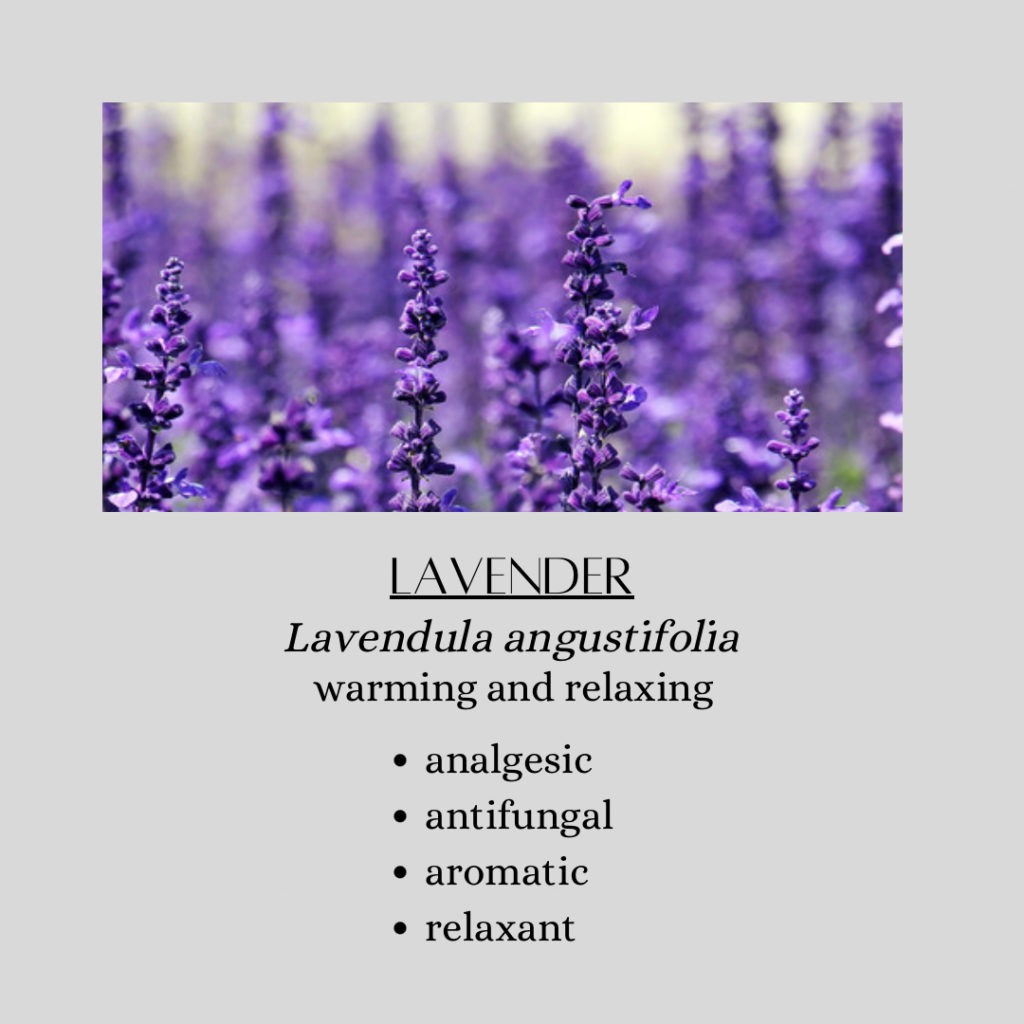
Making Infused Honey
There are two primary ways to make infused honey. One involves heating the honey in a double boiler or crock pot and allowing it to infuse over 8 or more hours. The other is done over a longer period and does not use the direct application of heat. The initial and final steps are the same regardless of your infusion method of choice.
Allowing your honey to infuse over time:
- Prepare your jars and lids with sterilization or sanitization.
- Add honey and herbs to the jars and seal tightly.
- Label with the date and ingredients.
- Flip the jars daily for 2 to 4 weeks.
- Prepare your storage jars and lids with sterilization or sanitization.
- Strain plant material from the warm honey.
- Bottle, label, and enjoy!
Infusing your honey using heat:
- Prepare your jars and lids with sterilization or sanitization.
- Add honey and herbs to a crockpot or double boiler.
- Bring the temperature to approximately 100° F (approximately 38° C).
- Monitor infusion for temperature consistency over 8 hours.
- Strain plant material from the warm honey.
- Bottle, label, and enjoy!
The shelf life of your infused honey is indefinite.
Using your infused honey
Infused honey can be taken by the spoonful, added to recipes and beverages, or used in syrups or tinctures.
If you use your infused honey as the base for a syrup. Juliet Blankenspoor of Chestnut Hill School of Herbal Medicine suggests equal parts of herb infused honey, herbal infusion or decoction, and herbal tincture.
Please note*
Incorporating any additional ingredients to your infused honey will shorten the shelf life and necessitate refrigeration.
While honey is appealing to children, it is important to remember that children should not be introduced to honey in any form before the age of one.
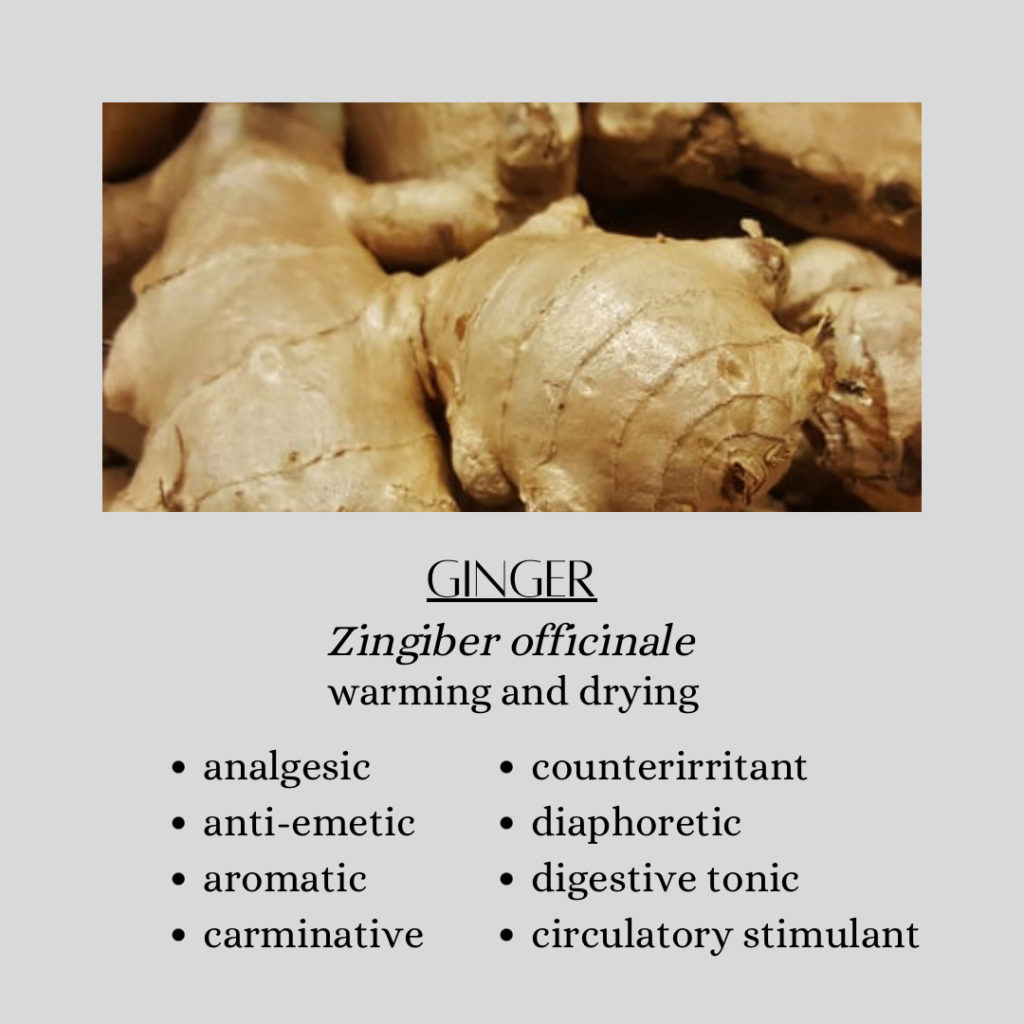
Glossary:
The following terms can help you in choosing herbs for your infusions.
Analgesic- pain relieving
Antacid- neutralizes stomach acidity, relieves heartburn and indigestion
Antiallergenic- controls or relieves allergic responses
Antibacterial- suppresses the growth of, or destroys, bacteria
Antidepressant- alleviates depression, mood lifting
Antidiabetic- stabilizes or controls blood glucose levels
Antiemetic- reduces nausea and vomiting
Antifungal- prevents fungal growth
Antihistamine- inhibits histamine production.
Anti-inflammatory- reduces inflammatory response
Antiseptic- prevents the growth of disease-causing microorganisms
Aromatic- having a pleasant and distinctive odor
Astringent- causes contraction in body tissue
Carminative- reduces flatulence
Diaphoretic- induces perspiration
Mast Cell- part of the immune and neuroimmune system
Tonic- supports a sense of vigor and a feeling of well-being
Don’t miss a post, subscribe today!